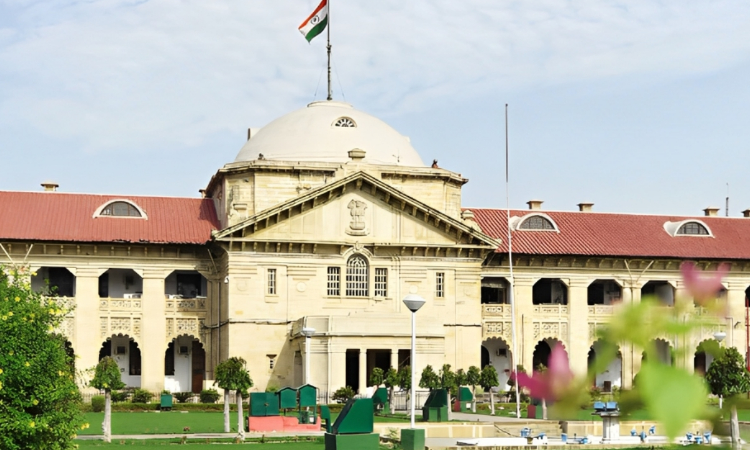Allahabad High Court Strikes Down 2004 Amendment To S.169(3) UPZALR Act Mandating Registration Of Wills
Upasna Agrawal
13 May 2024 11:57 AM IST

Next Story
13 May 2024 11:57 AM IST
The Allahabad High Court has struck down the 2004 amendment to Section 169(3) of the U.P. Zamindari Abolition & Land Reforms Act, 1950 to the extent that it mandates for registration of Wills. The Court held that the mandate to register Wills is against Section 17 read with Section 40 of the Indian Registration Act, 1908.Section 169(3) of the U.P. Zamindari Abolition & Land Reforms...
